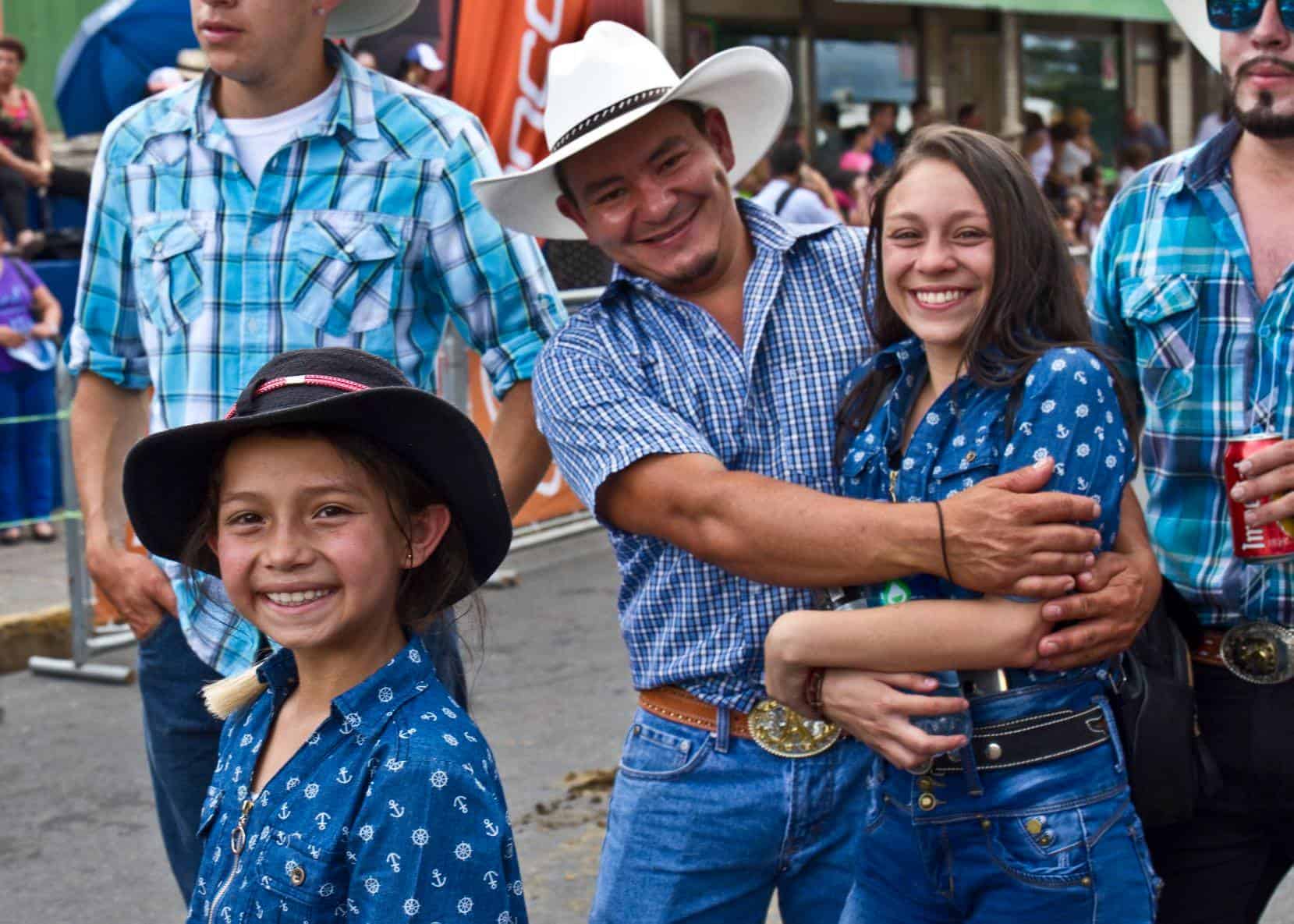You can’t call yourself fluent in Costa Rican Spanish unless you understand its slang.
Over the past two weeks, we brought you Parts 1 and 2 of our Tico Talk series on tiquismos or costarriqueñismos.
Here’s Part 3:
A cachete: Means something is really good. A cachete inflado is a variation of the same expression.
Buchón: A person who wants everything for himself, or a hog. There is an expression: Cada buchón muere pelón ... People who want everything for themselves die bald.
Chante: One’s house or home. Choza (literally, a shack) is also used, but the more common Spanish word for home is casa or hogar.
Dar pelota: This term literally literally means to give someone a ball. It is used here when expressing the idea of paying attention to someone or taking them into account.
Gallo Pinto: A traditional breakfast dish consisting of rice, beans, cilantro, Lizano sauce and spices.
Jama: Food, and can refer to just about any meal or snack. Comida is the more common Spanish word for food.
Por aquello: This phrase means “just in case” and is used frequently in conversations. En caso de que also means “just in case.”
Por dicha: Fortunately or luckily. Por suerte or afortunadamente are other ways of expressing the same idea.
Presa: Literally means a “dam” or “prey.” In Costa Rican slang, it can mean a traffic jam or backlog of anything. Un presón is a huge traffic jam.
Rajón or Rajona: A show-off, or a person who likes to boast or brag.
Suave: Hold on! Or, relax! Or, take it easy!
Tata: Dad or father. Tatas are one’s parents.
Techo: Means “roof,” but can also mean someone’s head. Torre (tower) is also a slang word for someone’s head. Cabeza is the more common Spanish word for head.
Timba: A big belly or beer belly. Panza or barriga are also used. Timbuco is a really big beer belly.
Torta: Literally “cake” or “tart,” but in Costa Rica it can be a screw up or big mess. ¡Qué torta! … What a mess! Jalar torta is to get pregnant. A tortero is a person who gets into trouble frequently.
Tiquismos or Costa Rican expressions of the week:
Más largo que un domingo sin plata: “Longer that a Sunday without any money.” The day seems longer when you don’t have money to go out or do something.
Here are two other similar expressions that are slightly vulgar.
- Más largo que una meadita en moto: Longer than a stream of urine when riding on a motorcycle.
- Más largo que pedo de culebra: Longer than a snake’s fart.
Más tico que el gallo pinto: Just like the dish gallo pinto, this expression means anything that is authentically Costa Rican.
Pedir una cobija en el infierno: Literally, this expression means to ask for a blanket in hell. It is used in Costa Rica to refer to a person who gets cold very easily.
Christopher Howard has been conducting monthly relocation/retirement tours and writing retirement guidebooks for over 30 years. See www.liveincostarica.com. He is also the author of the one-of-a-kind bestselling, “Guide to Costa Rican Spanish,” that can be purchased through Amazon.

